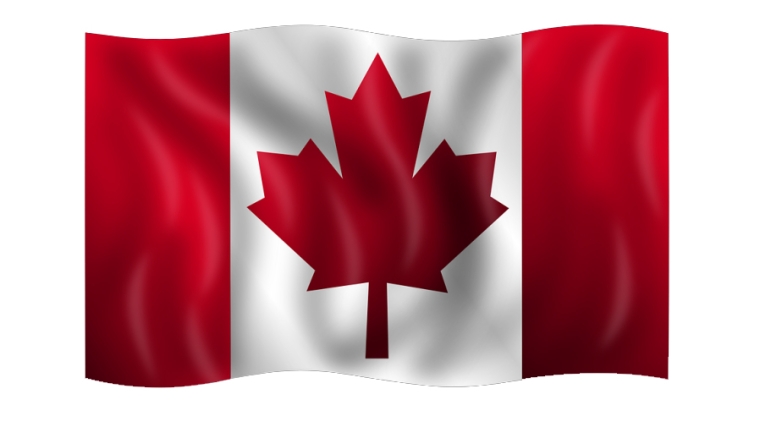by Eric Frykberg
New Zealand has won its trade dispute with Canada.
An expert panel has found that Canada’s dairy quota administration is inconsistent with its obligations under the Comprehensive and Progressive Agreement for Trans-Pacific Partnership (CPTPP).
New Zealand sought arbitration on this matter earlier this year in a first from any member of the CPTPP.
The success has been welcomed by Trade and Export Growth Minister Damien O’Connor.
“As part of the CPTPP agreement, we secured new dairy quota access accounting for 3.3% of Canada’s market," he says.
But O’Connor says the panel found New Zealand exporters were not able to fully utilise Canada’s 16 dairy tariff rate quotas.
It also found Canada was granting priority access to its own domestic dairy processors.
"Canada was not living up to its commitments under CPTPP, by effectively blocking access for our dairy industry to upscale its exports. That will now have to change,” O’Connor says.
He estimates the New Zealand dairy industry lost out on $120 million in revenue from the Canadian market over the past three years.
“Today's ruling will give exporters confidence and certainty that the mechanisms in place will ensure they receive the market access that all members agreed to.
Almost three quarters of New Zealand exports are now sent to nations with which New Zealand has a Free Trade Agreement (FTA), and this has helped primary sector exports to increase by 50% in six years.
Dairy reached a record $26 billion in the year to June.
“New Zealand continues to value its strong friendship with Canada, one of our warmest and closest relationships in the world," O'Connor adds.
"The dispute settlement mechanisms in CPTPP provide us with a neutral forum to resolve discrete trade issues such as this one.
“We look forward to our dairy exporters being able to properly utilise the hard-won market access we negotiated through CPTPP and we hope Canadian customers will welcome more consumer choice."
A trade expert in O'Connor's office says Canada will not face any penalty for its actions but would be expected to comply with the ruling as a responsible trading nation.
It has 15 months to do so.
The verdict is also enforceable in the Canadian courts.
Meanwhile, there is a provision in the CPTPP for the complaining Party to retaliate if the responding Party does not come into compliance, according to high ranking trade practitioner, speaking on condition of anonymity.
"In essence, if Canada notifies New Zealand that it does not intend to come into compliance, or if there is disagreement as to whether or not they have come into compliance within a reasonable period of time, then New Zealand may request negotiations with Canada to develop mutually acceptable compensation," the expert says.
"If there is no agreement on compensation, or if New Zealand considers that Canada has failed to observe the terms of any agreement reached, then the CPTPP sets out steps that New Zealand can follow to suspend benefits of equivalent effect (i.e. retaliation)".


We welcome your comments below. If you are not already registered, please register to comment
Remember we welcome robust, respectful and insightful debate. We don't welcome abusive or defamatory comments and will de-register those repeatedly making such comments. Our current comment policy is here.